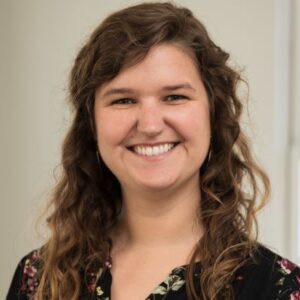Charles Mugabe stopped keeping track of his work hours during the height of the COVID-19 pandemic, but the pace was relentless. He opened his computer as soon as he awoke around 7 a.m., and often worked until 11 p.m., seven days a week.
Mugabe, the COVID-19 project manager for Catholic Charities of Maine, said the work has been physically, mentally and emotionally exhausting. But as a public health worker, he said it’s his “obligation” to think of others before himself.
“People are tired, but they still keep going to show that we care more about the community than we care about ourselves,” Mugabe said. “Because the community comes first in this particular circumstance.”
Mugabe, who was born in the Democratic Republic of the Congo, serves as a Portland-based liaison among ethnically based community organizations, the state and numerous healthcare providers to address cultural needs and health disparities highlighted by the pandemic.
During a reprieve last spring, when COVID-19 cases declined, Mugabe adjusted his schedule to be more manageable. But now he still works more than 40 hours a week, including most weekends.
“I know what I’m doing is changing lives,” he said. “It’s helping our community be safe in this public health crisis, so in many ways the feeling of that reward reboots me.”
With cases, hospitalizations and deaths surging again across Maine, public health workers are as busy as ever, trying to stay resilient in the face of a fluctuating pandemic that began nearly two years ago.
A national survey this summer found that more than half of public health workers had a symptom of at least one mental health condition, and more than a third reported symptoms of post-traumatic stress disorder.
Maine experts said they have seen similar levels of stress, and the evolving and unpredictable nature of the pandemic has contributed to feelings of anxiety, burnout, depression and inability to cope with stress.
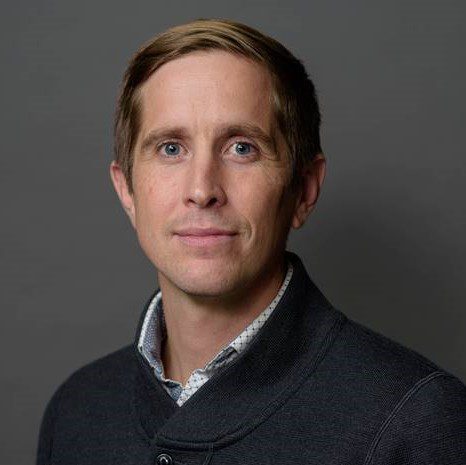
Maintaining a punishing pace at work is taking a toll on public health workers, said Erik Eisele, emergency COVID-19 project director for the state Office of Behavioral Health.
“The exhaustion is palpable,” Eisele said.
With disasters like fires or floods, there’s an anticipated response timeline, said Megan Salois, a disaster behavioral health coordinator with the Maine Center for Disease Control and Prevention. But the timeline during the pandemic has proven erratic.
“Just as we think we’ve got something figured out, something else pops up or triggers,” Salois said. “It’s been a very unpredictable roller coaster, and a big drive for anxiety and stress is the unexpected and unanticipated.”
State agencies and volunteer groups have provided support for public health workers during the pandemic. StrengthenME, under the state Department of Health and Human Services, provides stress management resources, including the FrontLine WarmLine hotline for healthcare workers. The Maine CDC started peer support groups last month, and in November will provide resilience training for CDC employees, first responders, healthcare professionals and people in the mental health field.
Eisele, who heads up StrengthenME, said the greatest challenge is getting frontline workers to call hotlines or attend workshops intended to help with burnout. As of Sept. 17, FrontLine WarmLine had answered about 328 calls requesting counseling or support since May 2020.
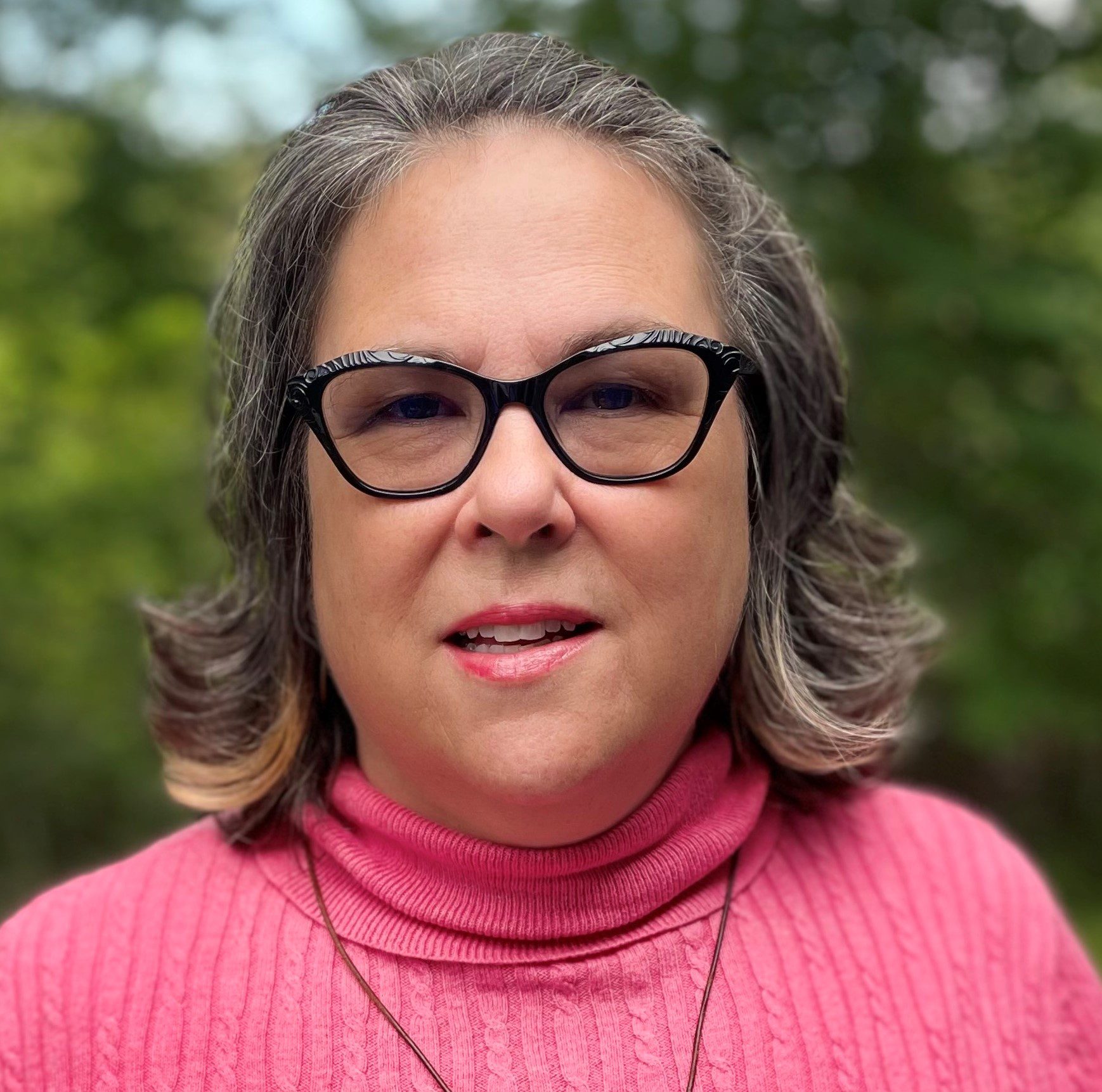
A spiritual care team ran into similar challenges reaching public health workers. The team discontinued its hotline after four months after hearing from only a couple of callers, said Lori Whittemore, the program coordinator for Spiritual Care Services of Maine.
Whittemore suspected it was difficult for health workers to let their guard down in a work setting and around colleagues.
“The folks who do the helping often struggle to ask for help,” Eisele said. “They are used to being the strong ones in the room taking care of other people. It is a different version of strength to say, ‘I’ve been at this for a year and a half, and I need a break.’ ”
‘I made a commitment’
When Erik Gordon started working for the Maine CDC four years ago, he knew he might have to respond to some sort of “catastrophe,” but it was difficult to envision what that could mean.
Gordon, the accreditation and workforce development coordinator, was redeployed as a COVID-19 case investigator after the pandemic broke out. He called people who tested positive to learn more about their symptoms and close contacts. Sometimes he also notified their employers or schools.
Gordon often worked 50 or 60 hours a week, and sometimes as many as 80, while also tending to a home farm and raising an infant daughter. The workload can range from 10 to 60 cases a week.
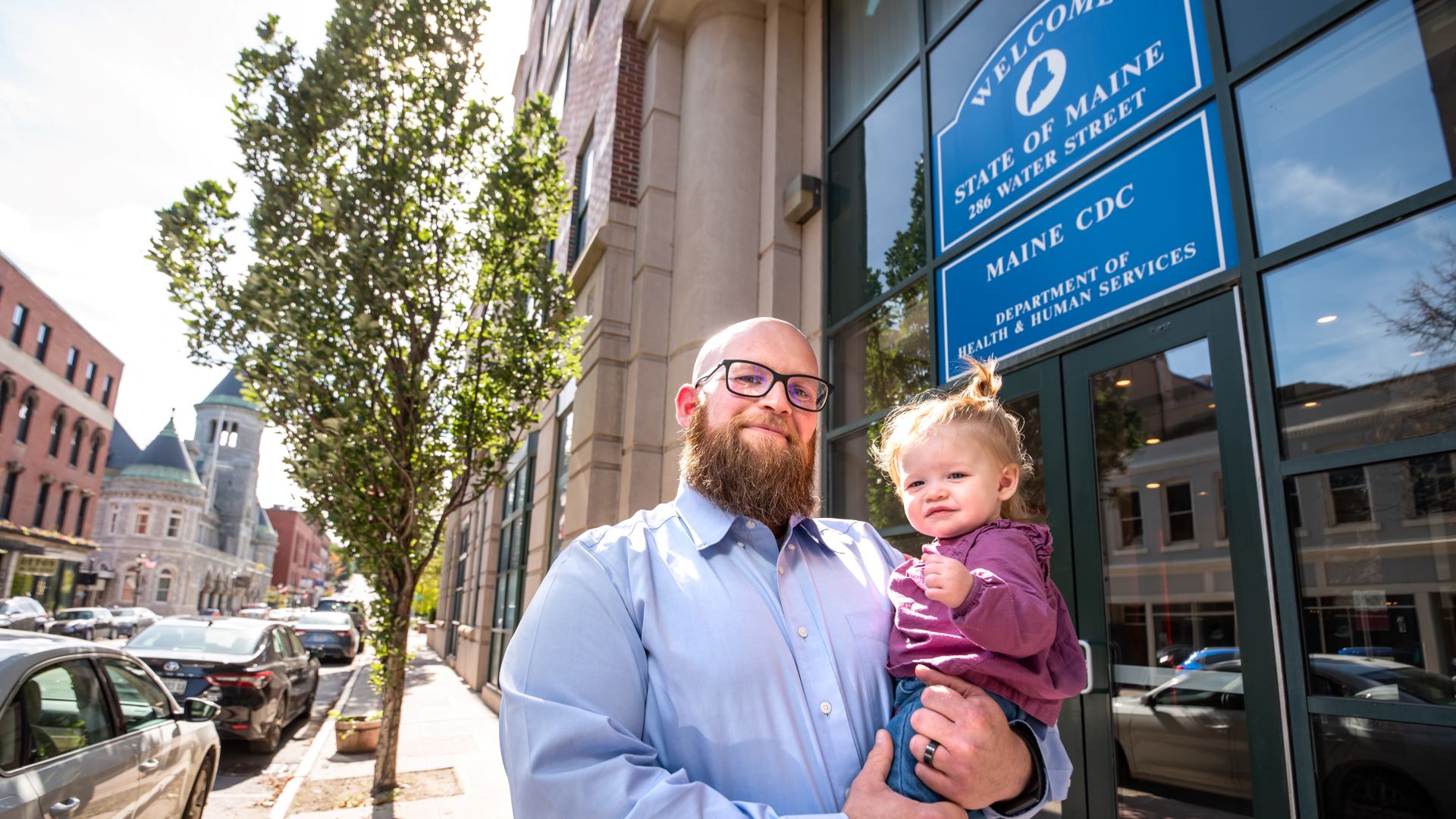
Gordon keeps going because of a promise he made to his older daughter, who is 10. She lives in the Midwest and Gordon planned to visit before the world shut down. When he had to cancel, Gordon promised her that he would do everything he could to get things back to normal.
He remembers that commitment to her, and to the state, whenever he feels exhausted.
“I made a personal commitment to my daughter and I cannot let her down,” Gordon said. “So anytime I refuse work, that always echoes in the back of my mind like, ‘No, you told her you would do this so you’ve got to make good on that.’ ”
Sometimes the commitment can be daunting. There’s a “gravity or density” to the work, Gordon said, and it’s hard to watch his community suffer. But he isn’t ready to give up.
“I’ve worked very hard and I’d like to be able to see this thing through,” Gordon said. “I’d like to see the other side of it.”
He’s encountered some negativity when he calls people who have tested positive for COVID-19, but Gordon said he tries to understand that everyone is frustrated and may express it differently.
“This is a hard time for everybody, so I try to have empathy for people,” he said. “I think the one thing everybody could probably agree on is we’d like this to be over. It’s not.”
Public opposition and misinformation
The U.S. CDC’s national survey of more than 26,000 public health workers found that nearly a quarter reported “feeling bullied, threatened or harassed because of work.” And 12% received job-related threats.
Symptoms of PTSD were 10-20% higher for public health workers than other frontline health workers, Stateline, from The Pew Charitable Trusts, reported.
Sharon McDonnell, an epidemiologist from Yarmouth who has responded to Ebola in West Africa and the AIDS crisis in the 1990s, said she’s never seen this level of “large-scale antipathy” toward public health workers.
Other experts who spoke to The Maine Monitor agreed that public opposition to public health measures factored into burnout.
And it seems to be primarily an American experience: McDonnell hasn’t heard about the same anger and personal attacks from counterparts in places like Liberia and Iran. When she responded to Ebola in Liberia, it felt like the country was in it together, fighting the virus. “But maybe I’m romanticizing,” McDonnell added.
In addition to working for the U.S. CDC and World Health Organization, McDonnell worked with a number of nonprofits and has served as an elected town health officer. She serves on Yarmouth’s volunteer COVID-19 task force and as the COVID-19 social support and health equity programs director for Maine DHHS.
Misinformation is always a challenge during a public health crisis, McDonnell said. But the growing opposition to vaccines, and distrust of government and authority has made this time different.
“It feels worse and that’s dispiriting,” she said.
The pandemic and work demands do not seem to be deterring people from the profession, according to McDonnell. She’s actually seen more interest in the public health field over the past year and a half.
“We have a lot of young people that are mission-driven,” McDonnell said. “They want to work for something that feels larger than themselves.”
Emotional and spiritual well-being
Part of public health is maintaining connection with the community, said Newell Lewey, the culture, language and education division manager with Wabanaki Public Health and Wellness, based in Bangor.
When the pandemic halted in-person community socials, Lewey said his friend suggested taking the event on the road. Lewey conducted the smudge, or “lipkotenomakon,” on the back of a truck as it drove down the street, bringing the medicine into the community. He smoldered tobacco, sage, sweetgrass and cedar in a bucket, and used an eagle fan to wash it over people or houses so their prayers were taken up to their ancestors with the smoke.
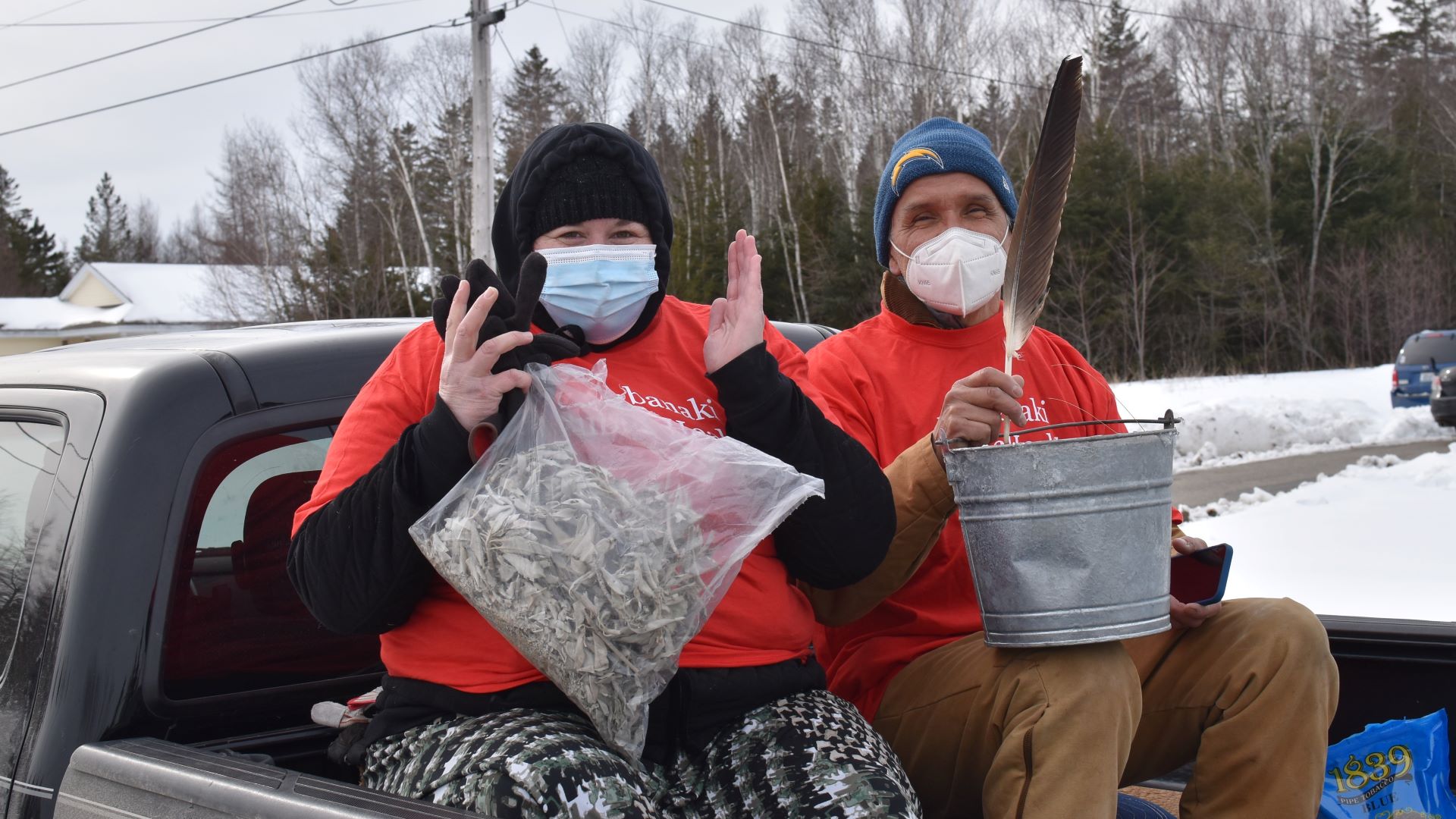
The response online and in-person has been very positive, Lewey said. He recalled one woman running out of her house and becoming emotional during a recent socially distant smudge.
“She needed to have that smudge,” Lewey said. “You could tell.”
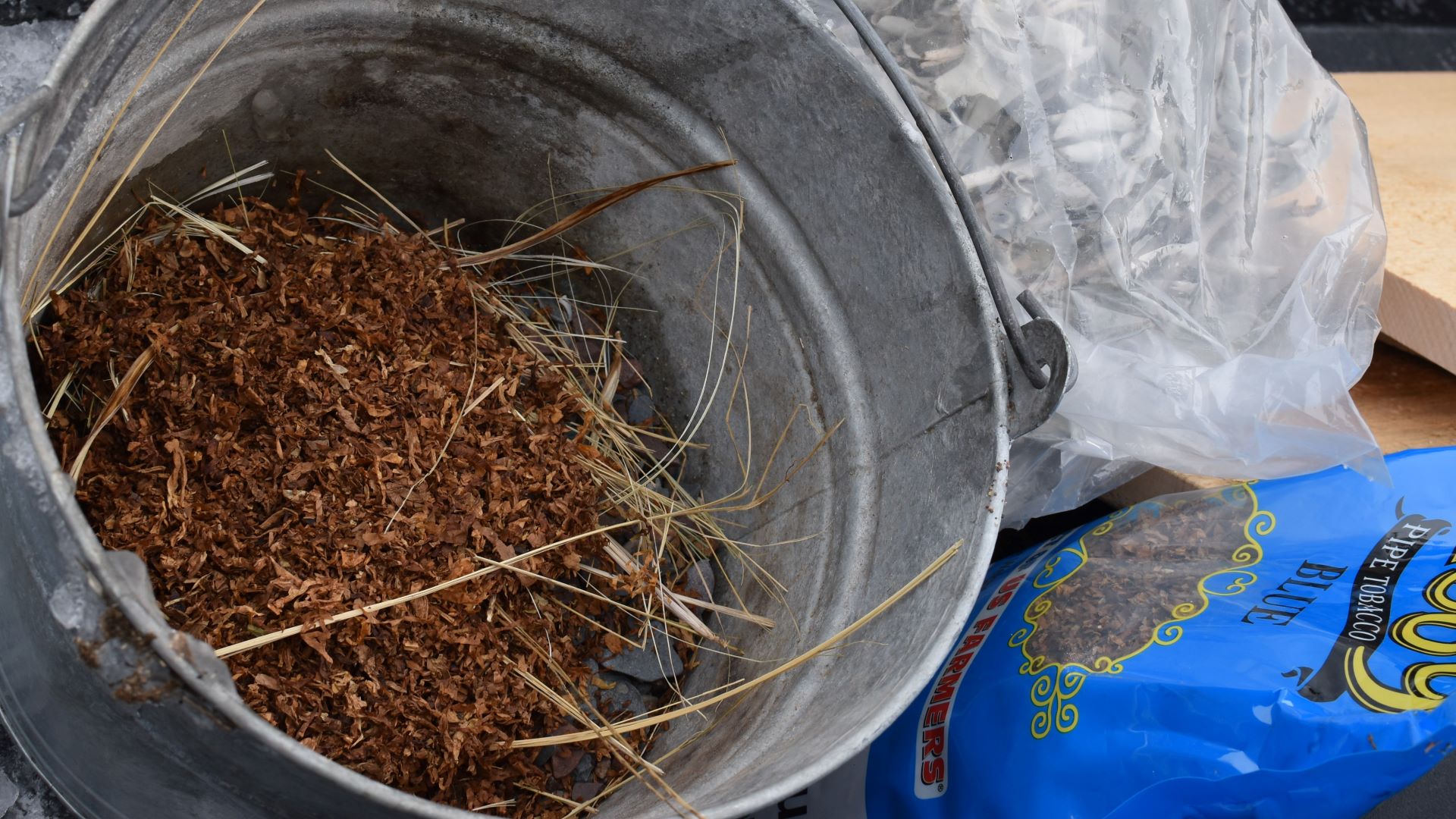
Emotional and spiritual health are just as important as physical safety precautions, Lewey said. He thinks of himself as a circle cut into four pieces: “We have to take care of ourselves physically, mentally, intellectually and spiritually, because if you neglect any one of them, your wheel is going to be out of balance.”
Public health workers are dealing with the personal impact of the pandemic, like everyone else. And for employees with Wabanaki Public Health and Wellness, which has a largely indigenous workforce, there is the added history of the disproportionate impact of pandemics on indigenous groups, said Lisa Sockabasin, the organization’s director.
They are operating within a system that Sockabasin said wasn’t built for them.
“We have the same experiences as other indigenous people, which means there’s a history of historical loss and trauma,” Sockabasin said. “There’s a history of being made invisible. We all carry that.”
Sockabasin said it was a history they didn’t choose, but they survived and became resilient. Now they are proud to serve their own community.
“Yes, we do feel that sense of urgency and responsibility,” Sockabasin said. “But we also feel the real honor and sacredness of being able to serve our people in this way that our ancestors never had the opportunity to do.”
Resources for Mainers experiencing stress due to the pandemic are available at StrengthenME or 207-221-8198




